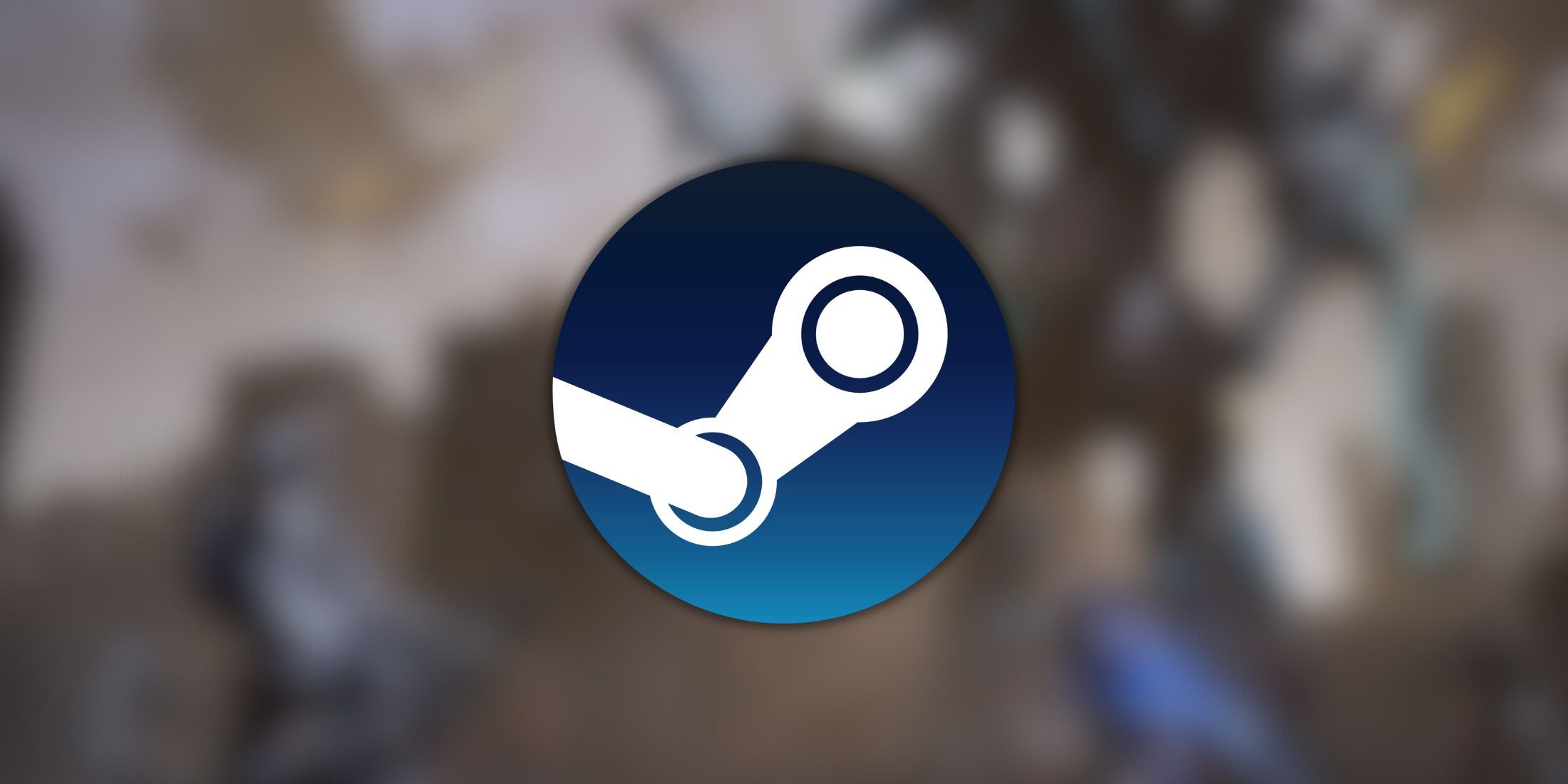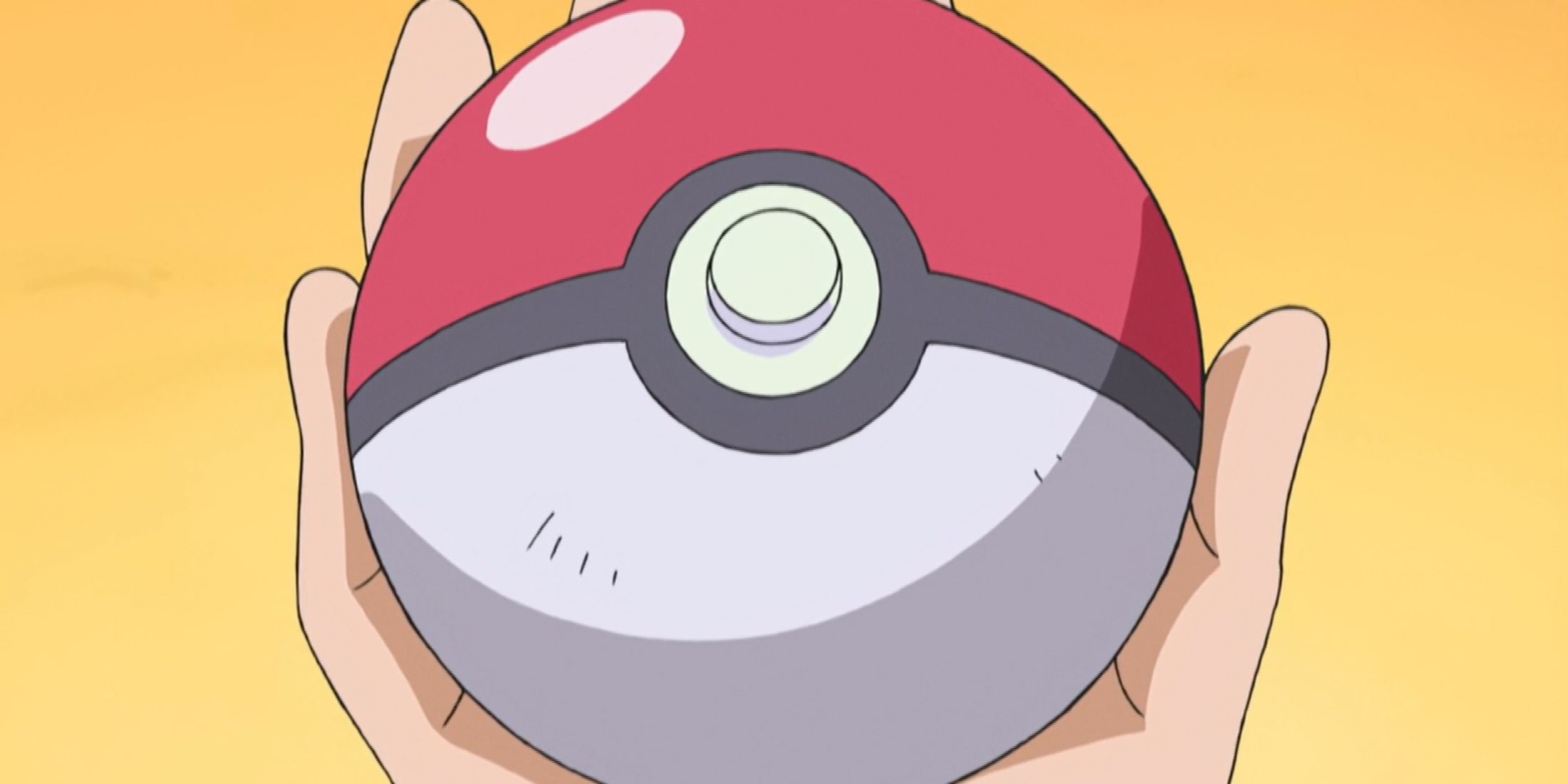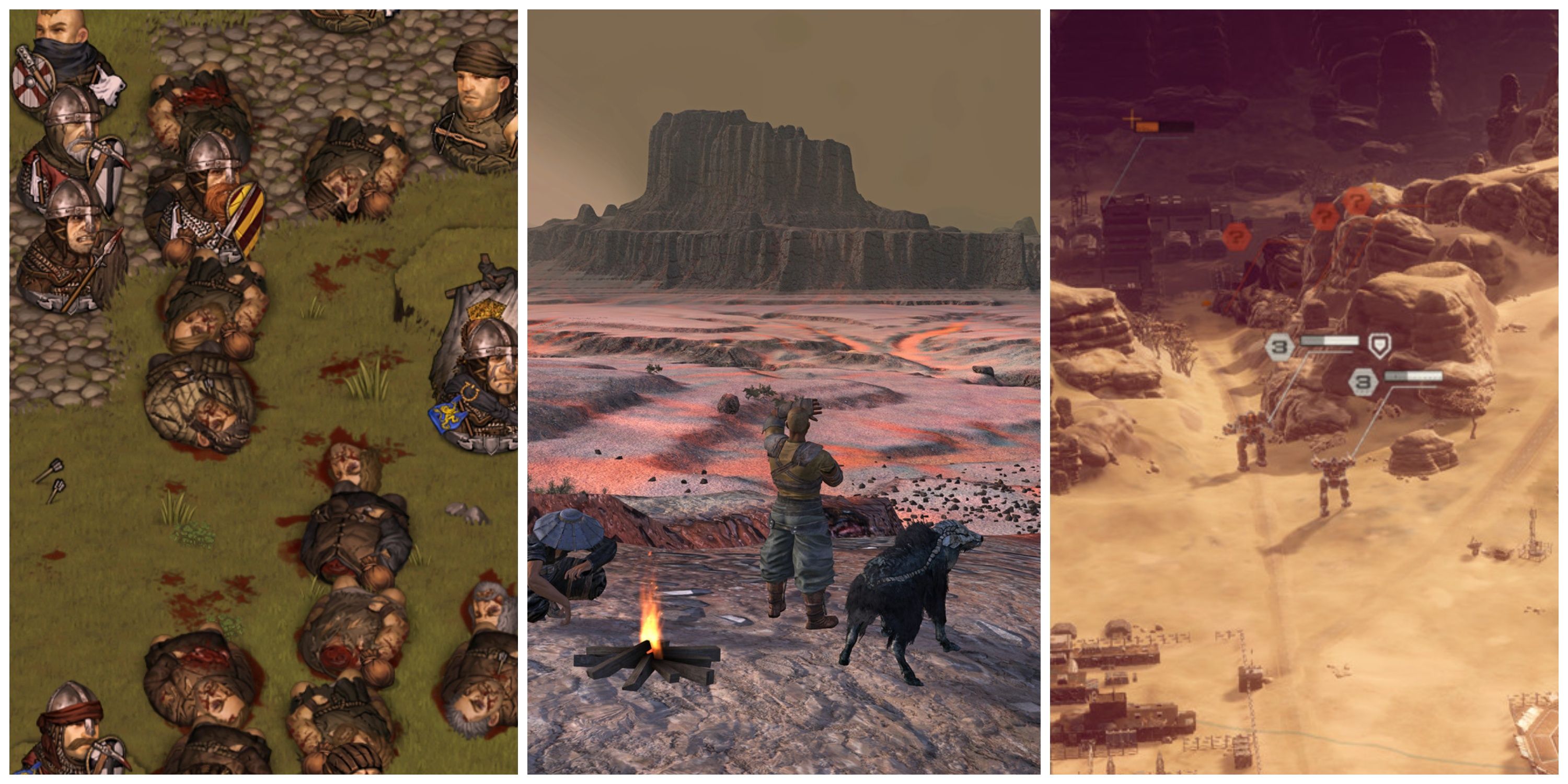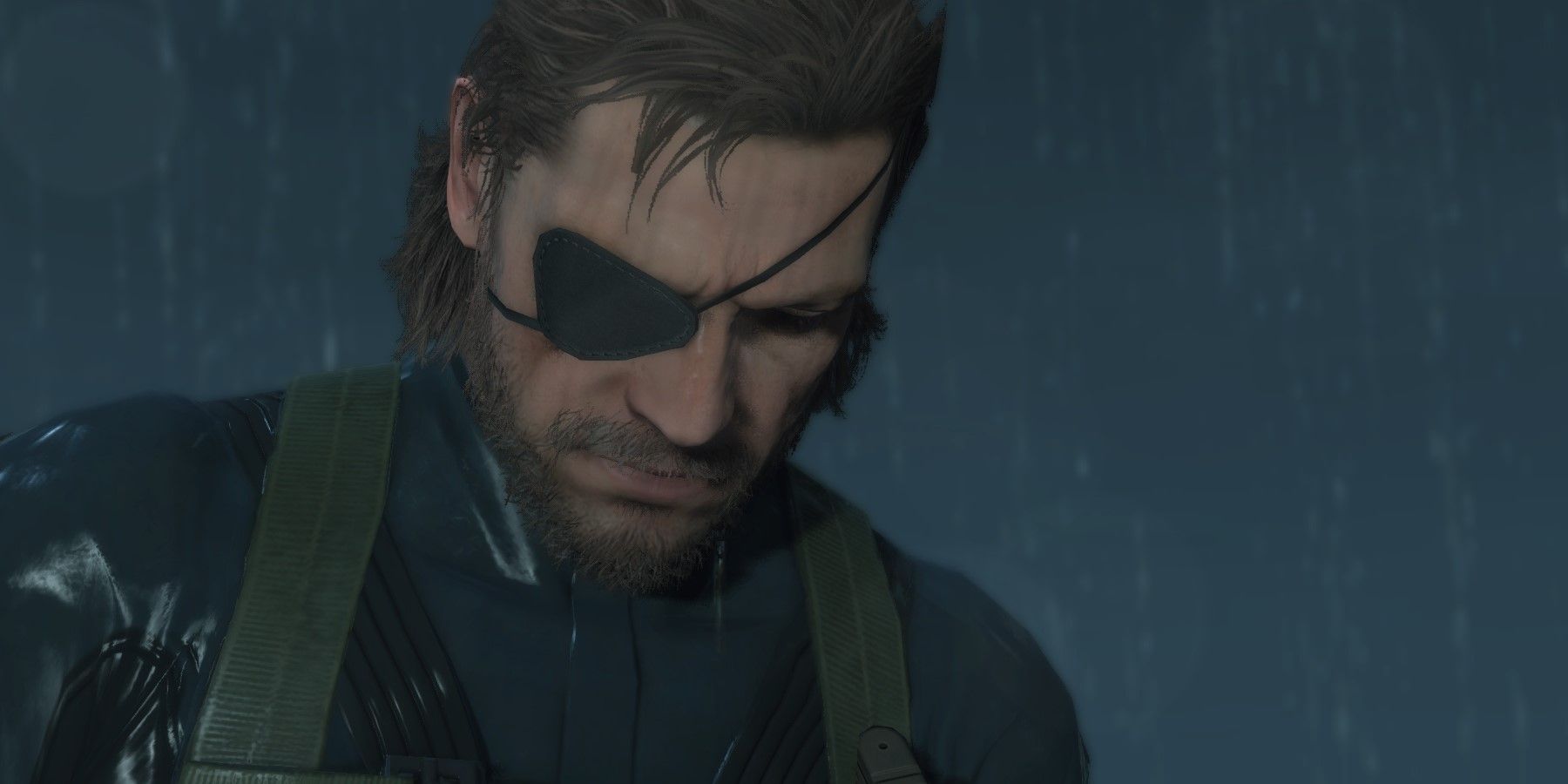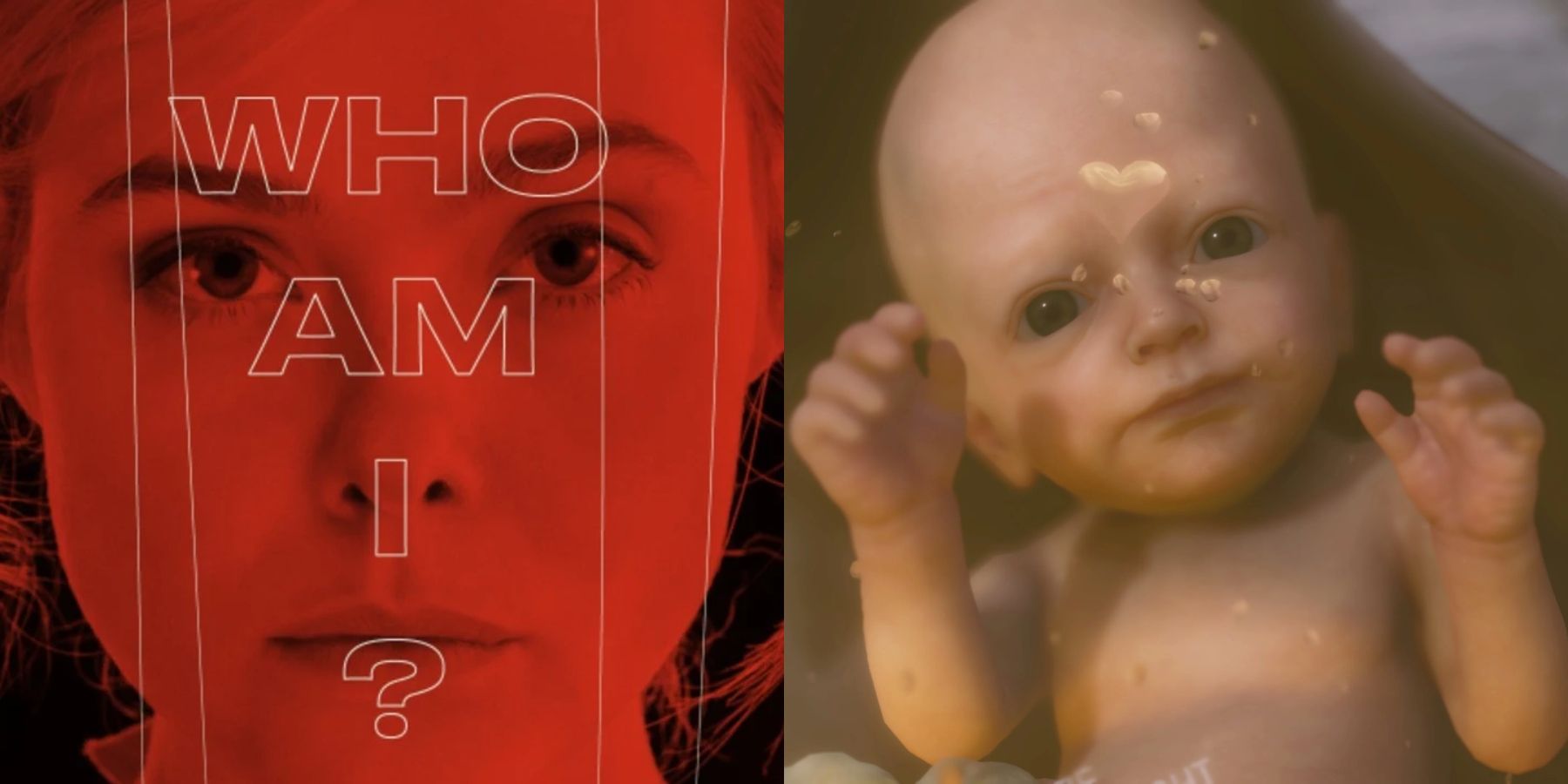Hideo Kojima and his team at Kojima Productions are deservingly considered some of the most eminent creators in video game history. Few people in the industry are as recognized by name alone as he is, owing to decades of distinguished titles like the Metal Gear Solid franchise, PT, and Death Stranding. But one of the more common criticisms of his largest work, the Metal Gear Solid series, concerns the overall story of the games, and it's an issue that has appeared again in Death Stranding. While there is still a chance to remedy this, it would require some unlikely changes.
For a number of weeks, Kojima has been teasing a new game starring Elle Fanning. More news is expected at the Game Awards in December, hosted by Geoff Keighley, a long-time friend of Kojima who has been spotted in video calls regarding the game recently. While it hasn't yet been confirmed, the leading theory is that the project he has been teasing is a sequel to Death Stranding. It's impossible to tell what Death Stranding 2 holds, but many are hoping it won't repeat the mistakes of Metal Gear Solid's story.
Why Metal Gear Solid's Story Was an Issue
By most measures, the Metal Gear Solid franchise is a phenomenal IP featuring some of the greatest games of their respective times. It laid the foundations for the stealth genre as it's known today and continued to innovate on that formula for decades. In all those years, it has offered thoughtful critiques of nationalism, violence, technology, and militarism -- a lot of which has been ahead of even public conversations on similar topics. But while it has shown mastery in gameplay and portrayal of its themes, the series has sometimes fallen flat in the overall story it has tried to tell.
While moment-to-moment beats remain interesting within games, the overarching plot of Metal Gear Solid has become borderline incomprehensible to many. Part of that has been due to the fact that the games have not followed a chronological order, with repeated jumps between time periods. Another reason, however, is the chosen method of storytelling. MGS relies heavily on exposition dumps, sometimes many minutes long. Exposition used sparingly is a great way to emphasize story points, but having huge amounts of information dropped onto players between gameplay segments where little else happens makes for a confusing narrative. It's a case where it would be better to show rather than tell.
Furthermore, while characters are memorable and have great presence in-game, their stories are just as bizarre as the overall plot. Metal Gear Solid has given fans iconic characters like Solid Snake, Revolver Ocelot, and Psycho Mantis, but even veterans of the series have trouble following which characters have what relations to whom, who they betray, and for what reasons. It's part of the reason why there have been many retcons in Metal Gear Solid. This also means that players are simply expecting plot twists constantly, making them less impactful when they happen.
Death Stranding Has One Advantage Over MGS
Part of the reason why Metal Gear Solid's story became so difficult to follow was that it was never intended to go on for so long. The game was not expected to become the sensation it is, with plans for new installments effectively being made on the fly since it was often assumed an entry could be the very last in the series. Creating great stories in video games is a difficult task that becomes even harder when there isn't much foresight, and even harder still when that cycle repeats for over two decades. This, however, is one issue that Death Stranding could likely avoid.
Upon release in 2019, Death Stranding's gameplay didn't receive the level of critical praise of the biggest MGS games, but it was a great game in its own right. Much praise went to the portrayal of Death Stranding's themes of identity, isolation, and other emotional subject matters, as well as its visuals and certain sections of the game outside of its shooter segments. All of this contributed to its commercial success, and likely the decision for a sequel. That decision was, for the first time, put far more into the hands of Kojima than a publisher.
Death Stranding was the first game released by Kojima Productions as a studio outside the influence of Konami, following a now-infamous falling out between Kojima and the publisher. Since Hideo Kojima's split with Konami, he has gained has far more creative independence. That means he is likely more aware of the viability of sequels like the upcoming Death Stranding 2. As such, he can hopefully plan extended stories in a more cohesive manner and conclude them when he is aware they are ending.
Death Stranding's Future Has One Hurdle it Might Not Clear
But even if there was foresight for a long story, it would build on rocky foundations. Herein lies the chance that Death Stranding may repeat the same mistakes as Kojima's previous work. Metal Gear Solid 1, while still an example of the series' greatest strengths, set the precedent of an outlandish story. However, while bizarre in its own way, it was nowhere near as confusing as the continued story that has been built over the course of the games that came after it. As such, the Death Stranding series could suffer from building on a confusing base.
Death Stranding used similar methods like huge exposition dumps and questionable plot twists to tell a story amidst its arguably more interesting thematic points. It might, then, be better if Death Stranding 2 stayed a bit further away from what the first game laid out than MGS games did to their predecessors. Instead, it could be more interesting to tell a story separate from the events of the first game, but keep them connected thematically and in the same universe.
MGS got to a point where it could have benefited from moving away from the tangled threads of its existing storyline in some way. Death Stranding has the chance to avoid that being a necessity in the first place, but the changes would require Hideo Kojima to stray away from what are -- for better or for worse -- his trademarks of storytelling. It's difficult to understand as an outside observer what effects such a decision could really have, but what does seem clear is that the continued use of his storytelling style may lead to Death Stranding's future story looking a lot like Metal Gear Solid's.
Death Stranding is available now on PC, PS4, and PS5.

